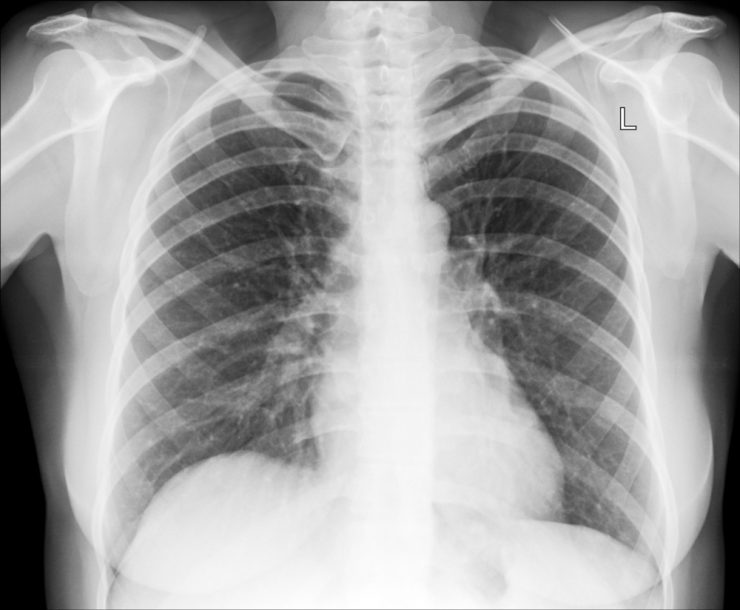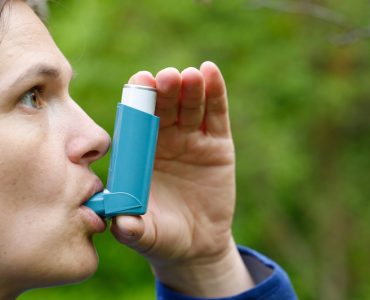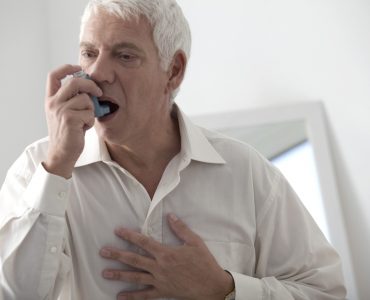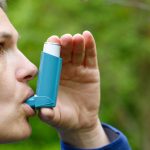COPD patients know that medication can improve the symptoms they live with, but cannot yet cure their condition. To find the most effective way of treating each individual, doctors usually prescribe more than one type of drug and many people are given a range of vapors, pills and injections. Even after your body has responded well to a treatment program, the effects may change months or years down the line, so new COPD medication will be offered. It may take time to adjust, but a fresh approach could make you feel much better. Here are some of the medications you can expect and how they might affect you.
If you are not able to oxygenate your blood sufficiently, your lungs may need a little extra help and this could be supplied by oxygen. Breathing in pure O2 boosts the level of oxygen in your blood and allows your heart to slow a little. As a result, you are likely to feel a decrease in your shortness of breath. Doctors are not sure why, but many people with COPD also suffer from type 2 diabetes. As oxygen therapy is sometimes used as a type 2 diabetes treatment, the benefits could be twofold if you are living with both conditions.
Aside from a reduced lung capacity, some people have muscle bands which tighten up around their airways. When this happens, you may be given a bronchodilator to relax the tissue. Once it has taken effect, more air will be able to enter and leave the lungs, which aids breathing. You may also notice that any build-up of mucus on your lungs is expelled more easily, as, like air, it is freer to move.
In recent years, an advanced COPD treatment has been made available which uses leukotriene modifiers. It may sound complicated, but leukotrienes are just chemicals which naturally occur inside our bodies. Their job is to stimulate the production of mucus and tighten the airways. When you take a leukotriene modifier, they cut down on both these reactions, so some people find it easier to breathe and feel less congested.
The accumulation of mucus can force people to keep coughing in an attempt to clear their lungs. It is a tiring experience, which is why new treatments for COPD cough often work by slowing the production of mucus and shrinking swollen airways. Anti-inflammatories are often prescribed for this purpose. When you take them for the first time, you’ll find your lungs are less sensitive and therefore less reactive to environmental triggers. Although they may take weeks to have an effect, you will eventually notice your symptoms begin to decrease.
Regularly taken to alleviate the symptoms of hay fever, antihistamines are one of the drugs used to treat COPD patients who are troubled by watery eyes, stuffy noses and continual sneezing. They work well but only as a short-term measure, because a side effect is the drying of air passages which prevents mucus from being coughed away.
When you are trying to beat an infection, as well as dealing with the day to day effects of COPD, antibiotics can speed up your recovery. You may begin to feel better after just a few days of taking them, but it is vital to complete the full course if the infection is to be cleared.













